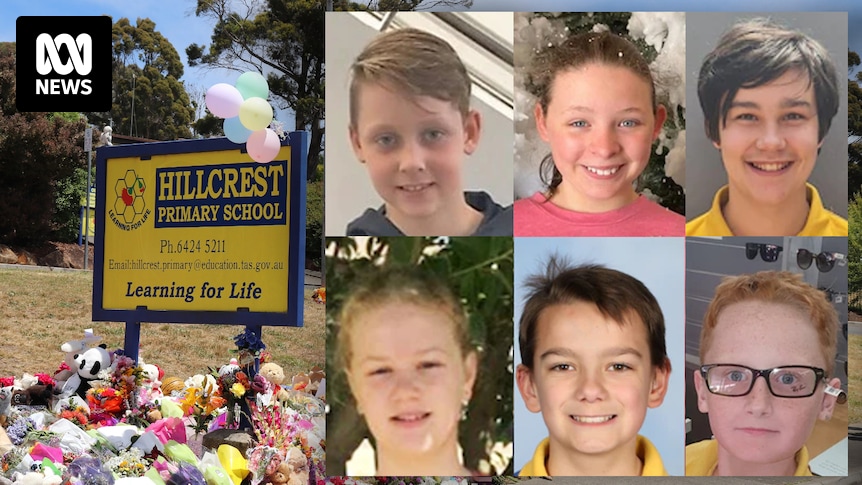
On December 16, 2021, a tragic event unfolded at Hillcrest Primary School in Devonport, Tasmania, when a sudden dust devil lifted a jumping castle, leading to the deaths of six children and serious injuries to three others. This incident has sparked ongoing calls for stricter regulation of the inflatable amusement industry.
Russ Jackson, owner of Russ Jackson’s House of Bounce, had set up inflatable devices at a nearby school on the same day. He recalls being told to pack up his equipment after news of the tragedy broke. Since then, bans on jumping castles have been implemented across Tasmanian state schools and public lands.
Legal Proceedings and Industry Standards
The Hillcrest tragedy quickly gained international attention, prompting legal actions and debates over safety standards. The owner of the jumping castle, Rosemary Gamble, faced criminal charges but was acquitted after a magistrate ruled the circumstances were unforeseeable. The case highlighted the complexities and deficiencies in the Australian Standards governing inflatable devices.
“Ms Gamble could have done more or taken further steps,” Magistrate Robert Webster noted. “However, given the effects of the unforeseen and unforeseeable dust devil, had she done so, that would sadly have made no difference to the ultimate outcome.”
The Australian Standards are guidelines intended to ensure the safe operation of amusement devices. However, expert witnesses during the trial disagreed on their interpretation, underscoring the need for clearer, legally binding regulations.
Families Demand Action
The families of the Hillcrest victims have expressed frustration with the legal outcomes and are urging the coroner to recommend legislative changes. Lawyer Dimi Ioannou, representing the families, emphasized the need for stronger standards to prevent future tragedies.
“They want to ensure that no other family endures this pain that these poor families are encountering every single day,” Ioannou stated.
The coroner’s inquest, which was delayed due to the criminal proceedings, is set to resume, with families hoping it will lead to significant regulatory changes.
Impact on the Industry
The aftermath of the tragedy has had a profound impact on the inflatable amusement industry. Russ Jackson’s business, like many others, has been unable to operate due to bans and soaring insurance premiums. Similar restrictions have affected organizations like the Burnie-based charity, The Fairy Godmothers, which used to rent out jumping castles for fundraising.
“It was no more than $3,000 … and it did increase to over $6,500,” said Katrina Tabart, the charity’s treasurer, referring to the insurance costs.
Despite the challenges, there is hope among operators that improved regulations could revive the industry. Both Jackson and Tabart believe that with clarified safety standards, jumping castles can once again become a staple of children’s entertainment.
Looking Ahead
The Hillcrest tragedy continues to resonate within the community, with the inquest anticipated to provide further insights and recommendations. As the legal and regulatory landscape evolves, stakeholders remain committed to ensuring the safety of inflatable amusement devices, hoping to prevent any recurrence of such a devastating event.
The journey towards safer regulations is ongoing, and the outcomes of the inquest could shape the future of the industry, balancing the joy of children’s entertainment with the paramount importance of safety.







